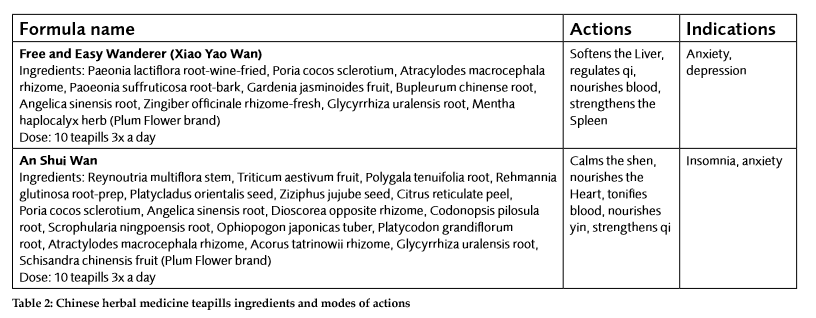The research you are about to read today was originally part of my Anxiety Presentation for College; With everything that has been going around and all the Covid-19 talk, I think this is great timing to share all the information I know about Anxiety.
An anxiety disorder is characterized by a sudden feeling of panic, fear, restlessness, and uneasiness. The treatment includes medications, therapy, you could use other natural approaches such as breathing exercises, food therapy, and flotation therapy.
- Trigger: Usually the person is found in a situation that triggers it internally/externally
- Thoughts: Fear, negativity, confusion, regrets.
- Anxiety: whole body starts to get weak, your mind is somewhere else, and then panic comes into play.
Fear & Anxiety Difference:
Anxiety & fear both seem to overlap and cross paths in the brain (when it comes to chemical signaling). The difference between the two, however, is that fear is a response to immediate present danger, whereas anxiety is a response to unclear or imagined potentialities.
There are many chemicals in the brain that are responsible for sending these signals. One, for example, the adrenal Gland – Part of your endocrine system. It produces many kinds of hormones that activate and regulate anxious, fearful, and stress responses.
Medication
- Benzodiazepines: Have a calming effect due to their sedative properties.
- Alprazolam · Clonazepam
- Antidepressants: Relieve the symptoms by affecting neurotransmitters.
Self-care
- Dietary and lifestyle changes as suggested by the therapist.
- Relaxation techniques such as yoga or deep breathing exercises
- Floatation sensory deprivation
- Acupuncture
- Finding a “zen space”
Therapies: psychotherapy, cognitive behavior therapy, food therapy
Flotation sensory deprivation tank:
- An isolation tank, originally called a sensory deprivation tank (also known as float tank, flotation tank, or sensory attenuation tank) is a lightless, soundproof tank with high Epsom salt (magnesium sulfate) content filled with salt water at skin temperature, in which individuals float.
- The tanks are designed to remove stress and it allows your body to reach the creative state of mind. It's great for recovery for athletes, postpartum, anxiety.
Nutritional Intake:
I decided to have my client (aka my husband) track his food intake on his phone. Each night he would check-in from the previous day. Most of his foods were healthy besides the occasional treats at night.
Observations: On days that he was stressed at work he would come home and grab a glass of wine and go drink before he would eat dinner. On days that things were good and relaxing for him (much closer to the weekend), he was happy, not stressed, ate all his foods throughout the day.
-My client (aka my husband) tracks his macronutrients and follows a Mediterranean diet.
Food Therapy:
This is a mode of dieting rooted in Chinese beliefs concerning the effects of food on the human organism and centered on concepts such as eating in moderation. It could also be called nutrition therapy and dietary therapy. There are also different herbs that could be used to aid in recovery. 
Using Music for Anxiety:
I read a study that suggested that music and singing have a positive influence on wellbeing and quality of life by providing enjoyment, social interaction, improved memory, and social inclusion. Furthermore, music and singing have been shown to be able to reduce anxiety levels in older adults, and to decrease anxiety and confusion, and improving their quality of life (Houston et al 1998, Guetin et al 2009). Likewise, the use of music in clinical situations has proved beneficial psychologically and physiologically.
- Music such as calming songs, opera, and white noise.
A few takeaways:
Before taking prescribed medications you could try a natural path and if everything mentioned on here doesn’t work then you could do go that route. - My husband liked learning about the different alternatives to medicine. He is going to practice yoga more often, complete the flotation therapy, and watch his alcohol intake.
- We have also set a designated “zen” room for him at his house.
- He will also either attend an opera or concert once in a while to help him.
So there you have it. Did you learn something new today and are you going to try some of these suggestions?
xo,
Nina







Post a Comment